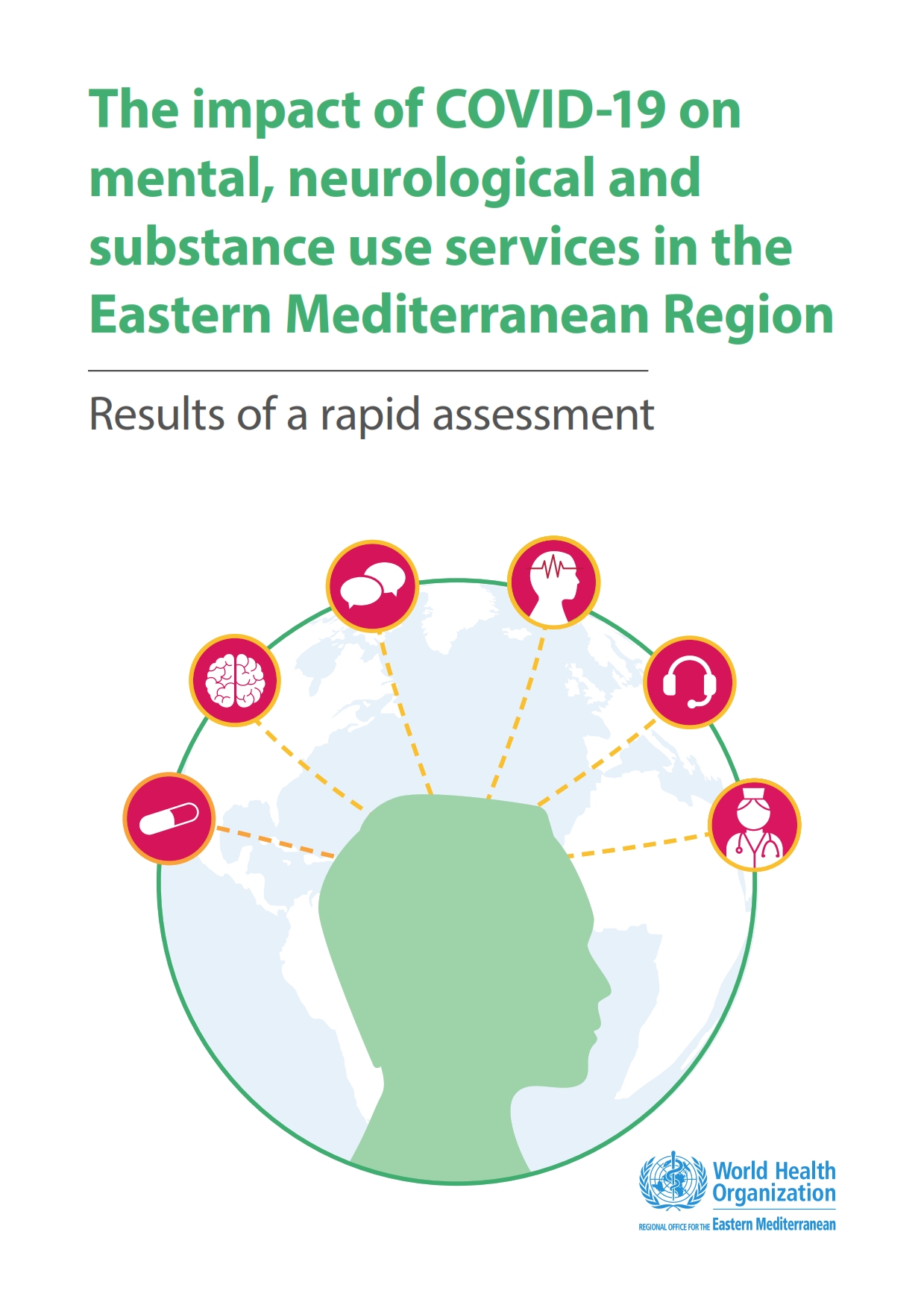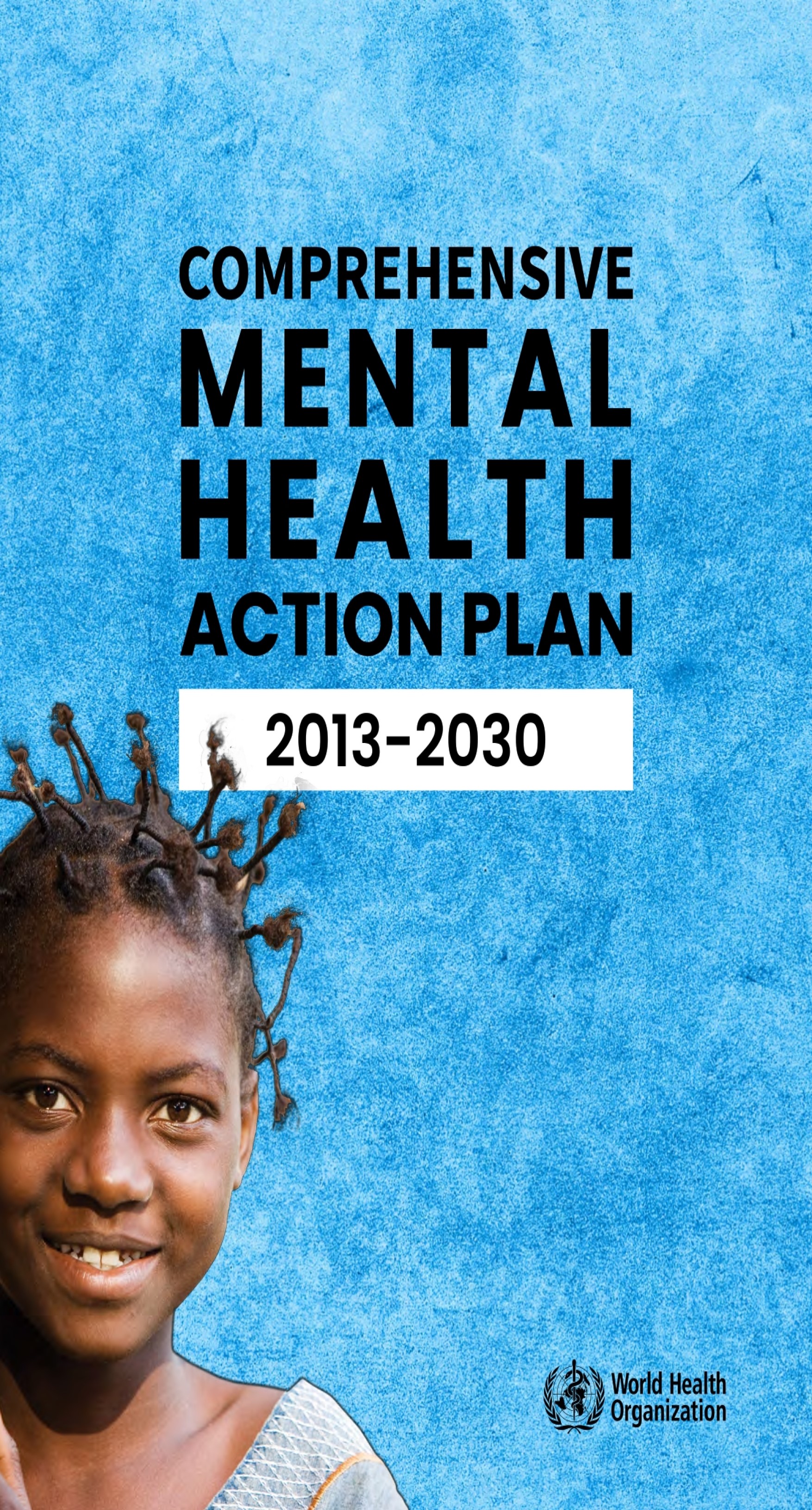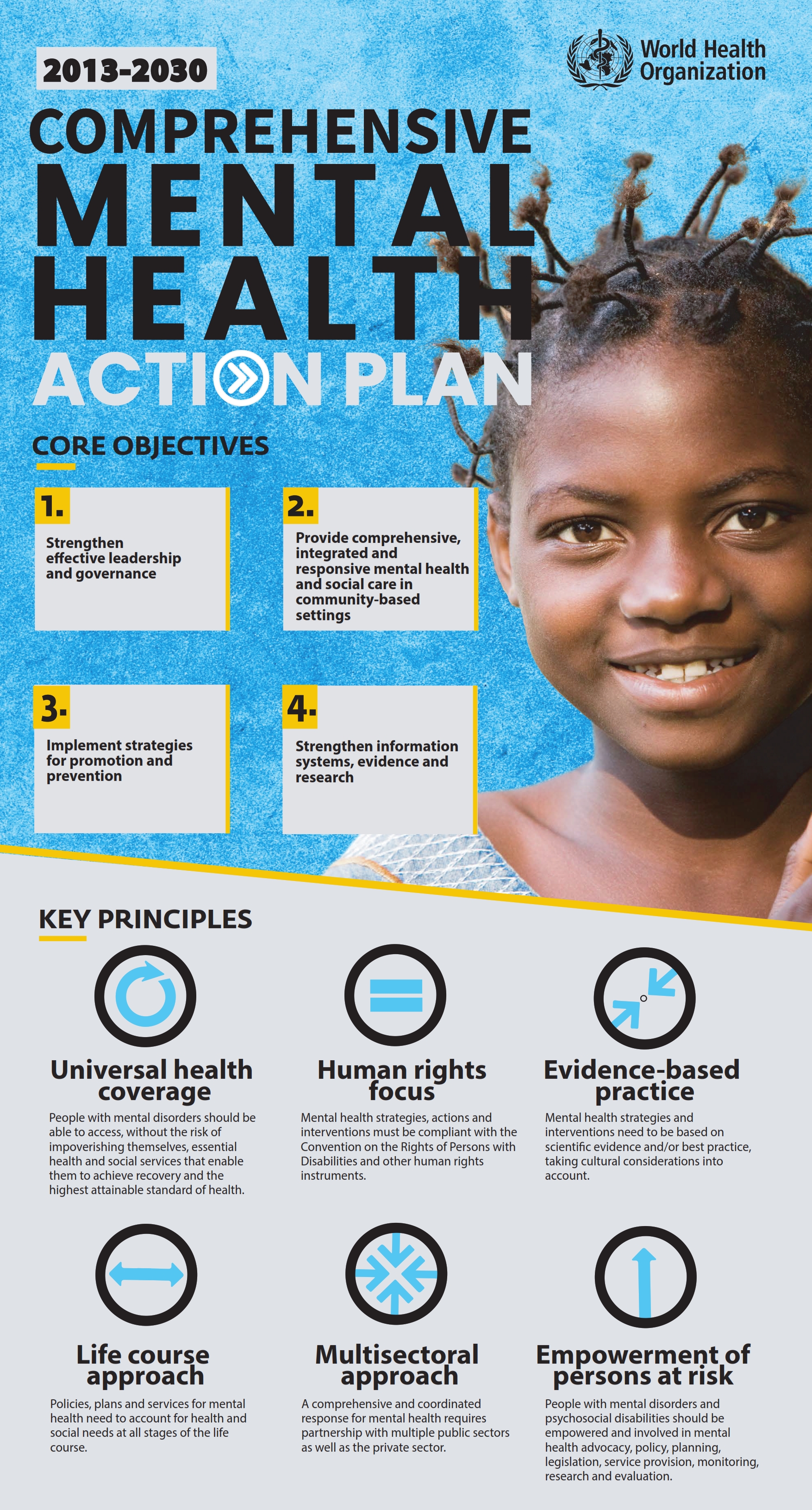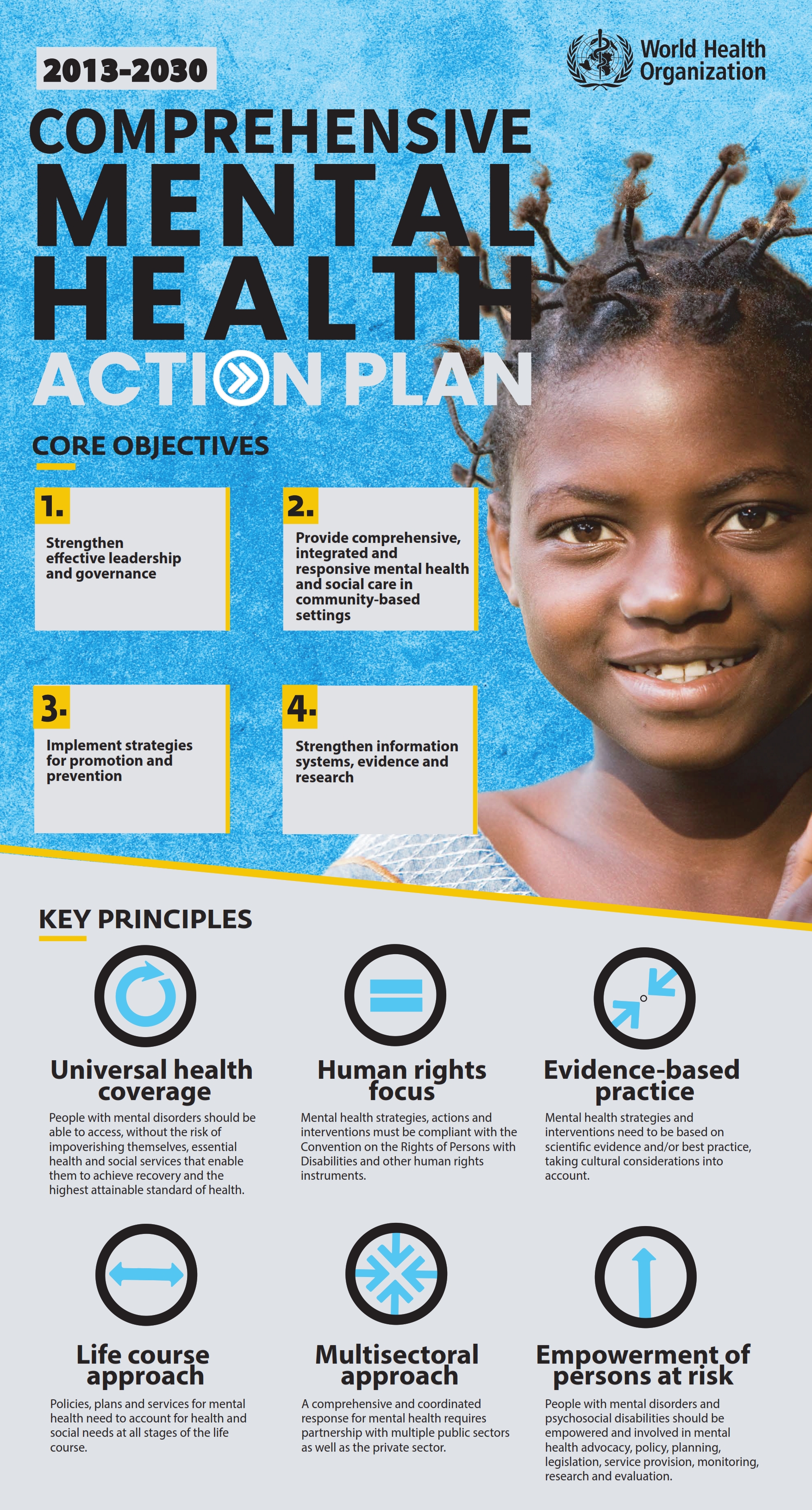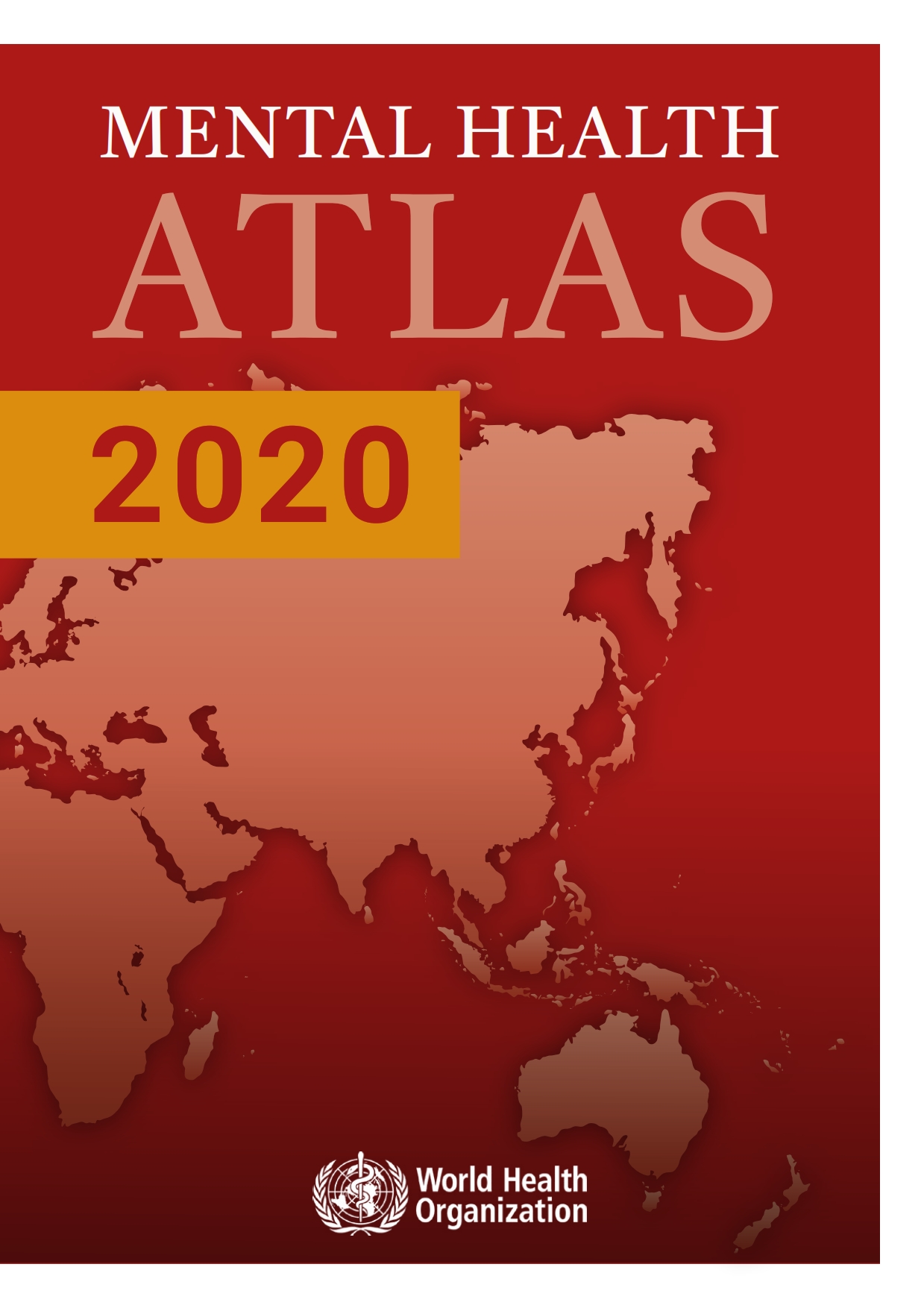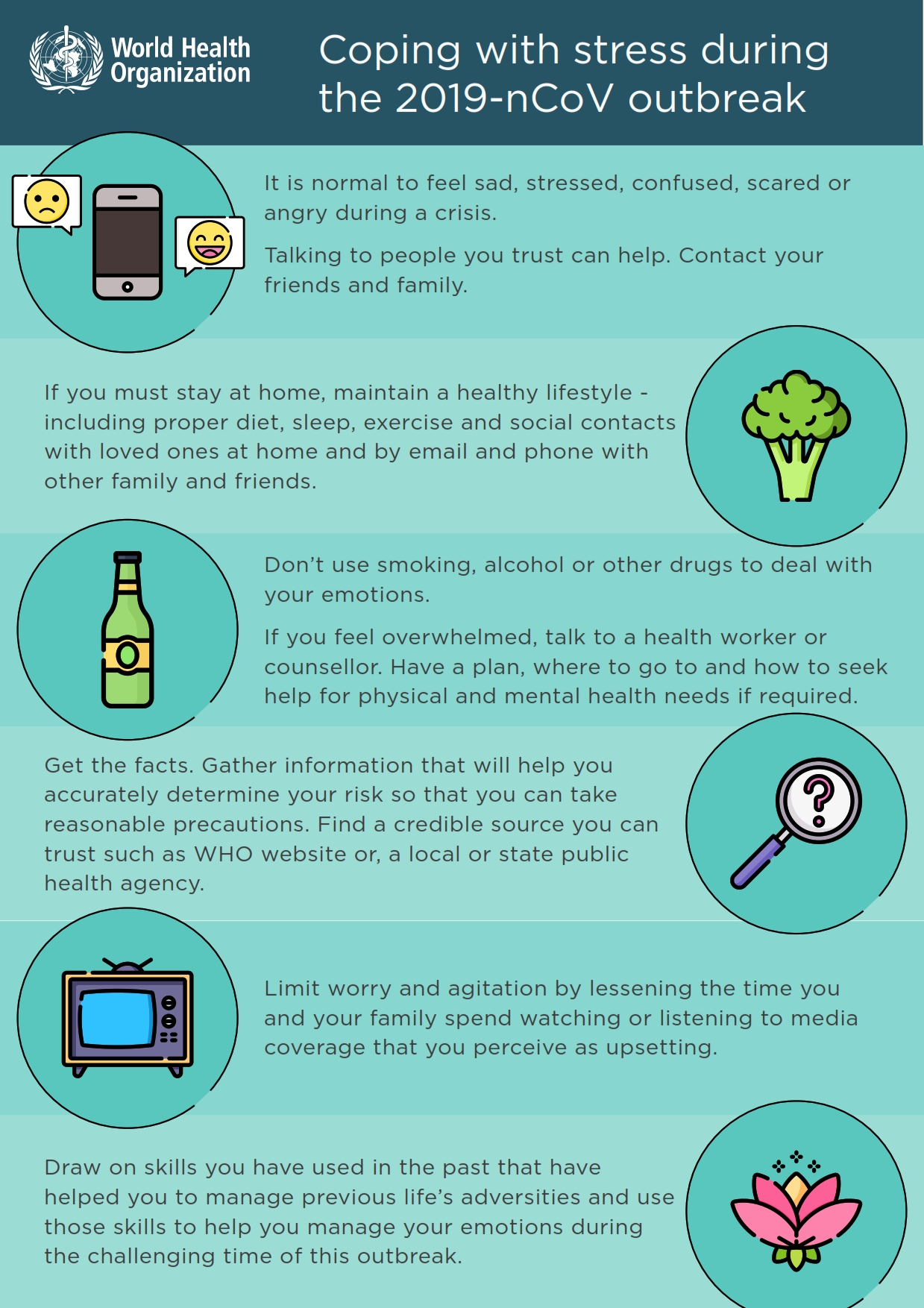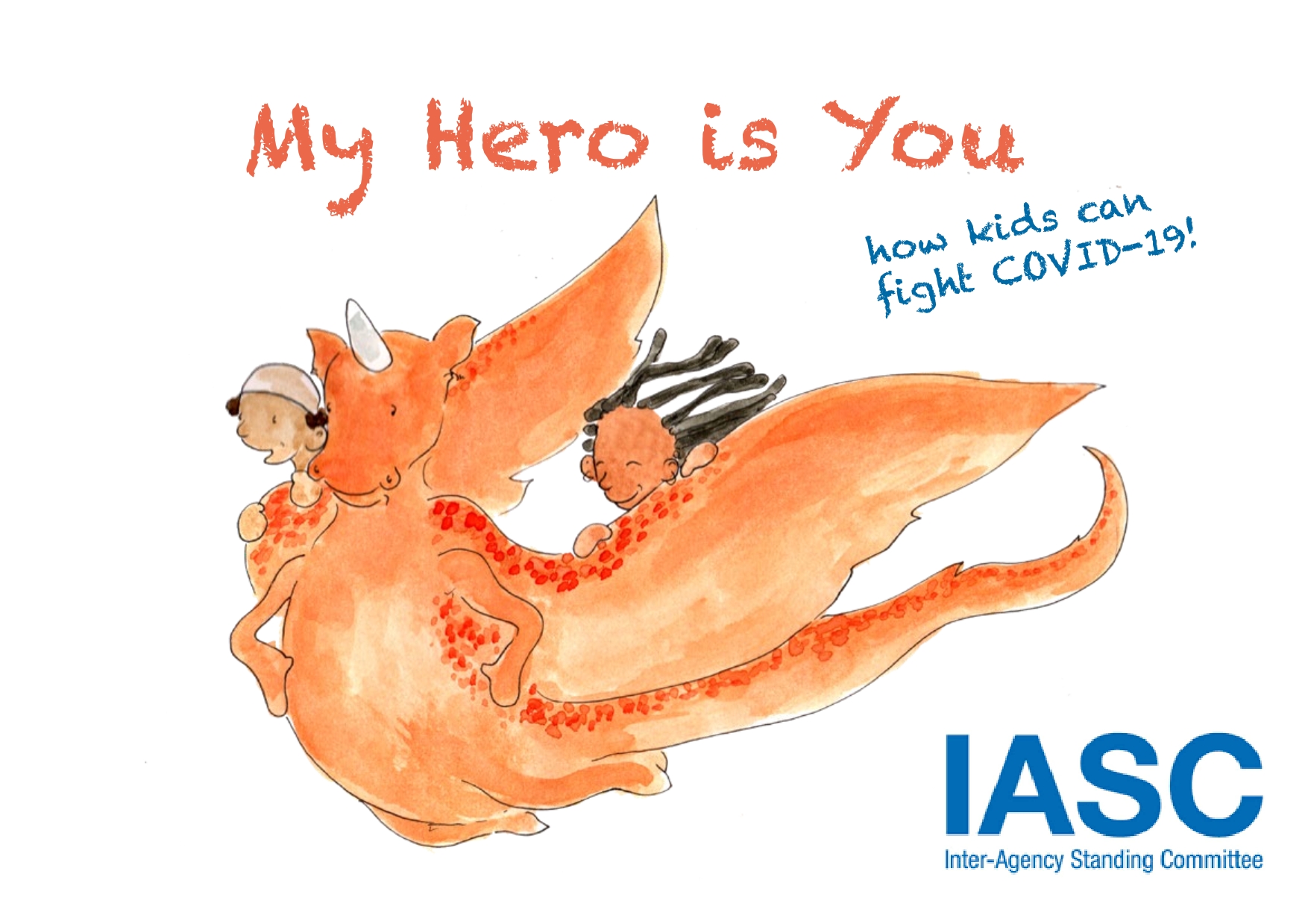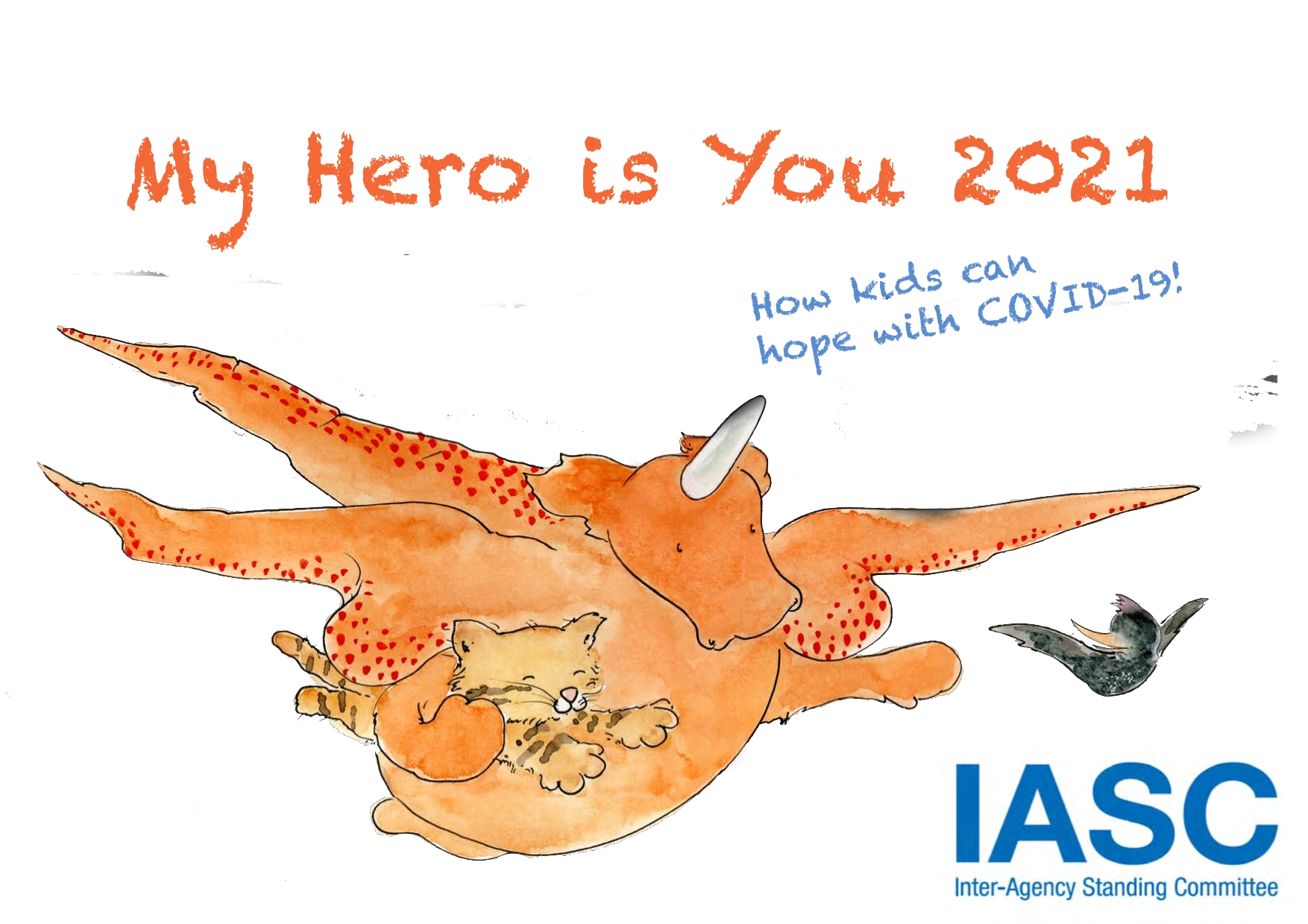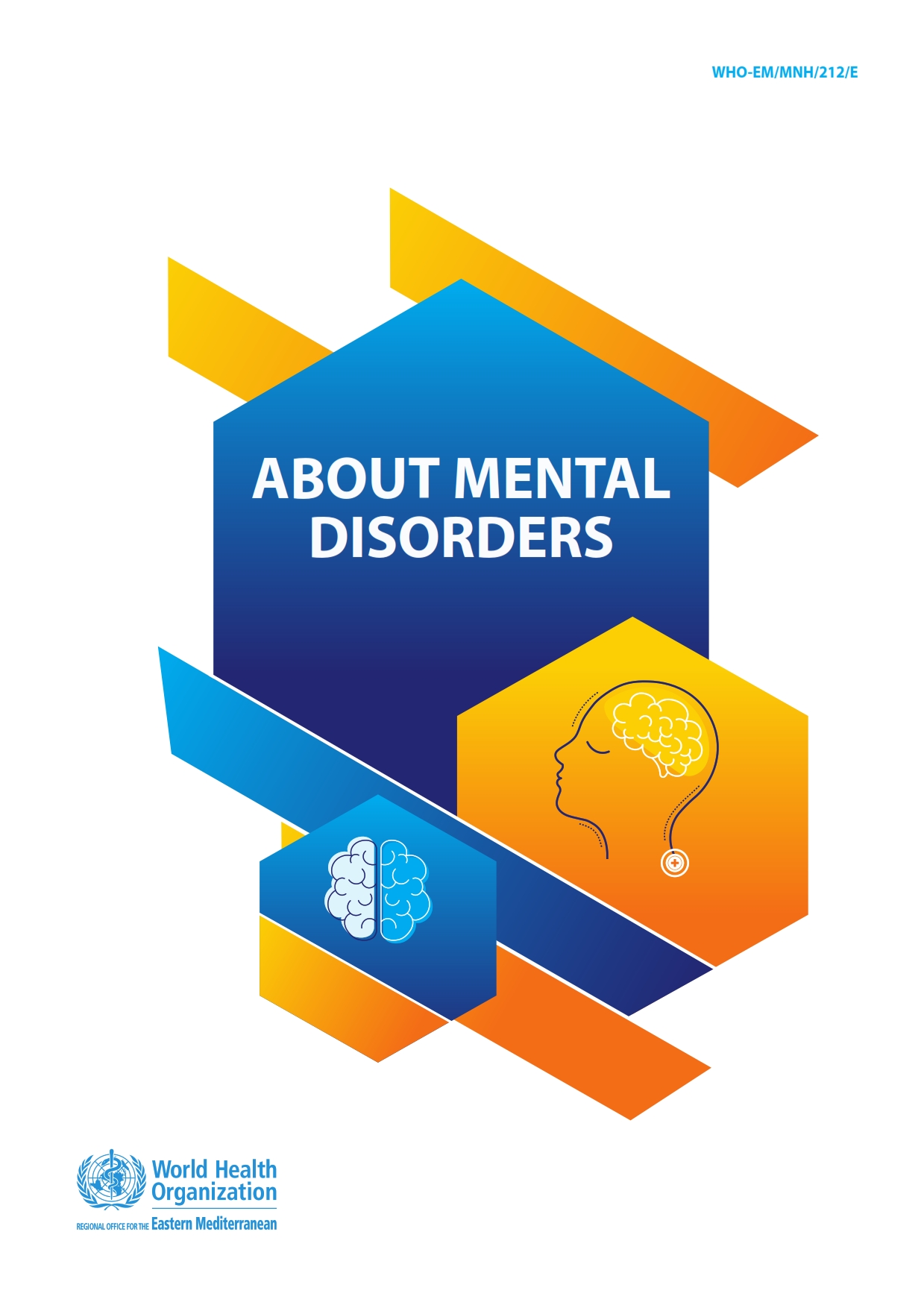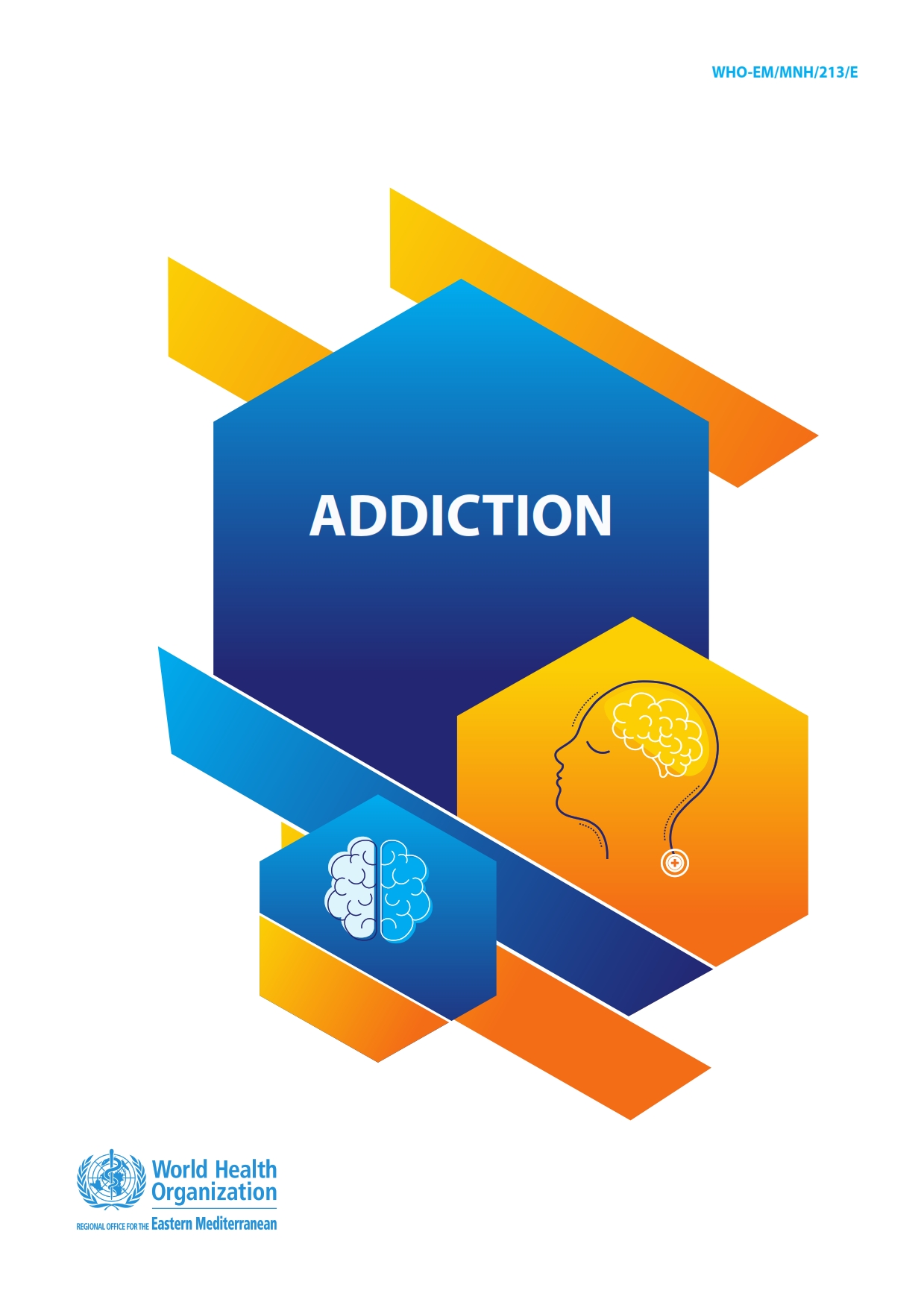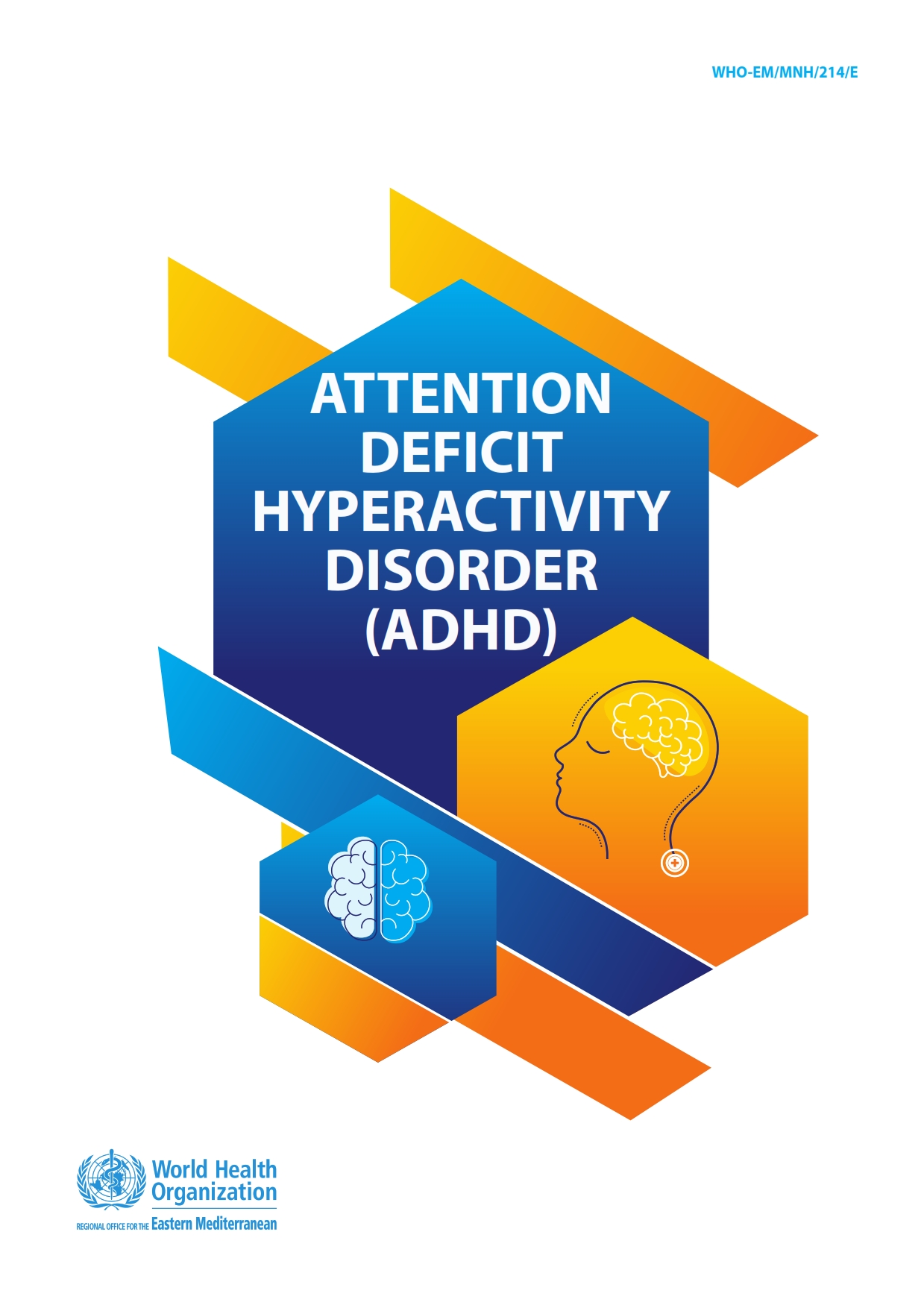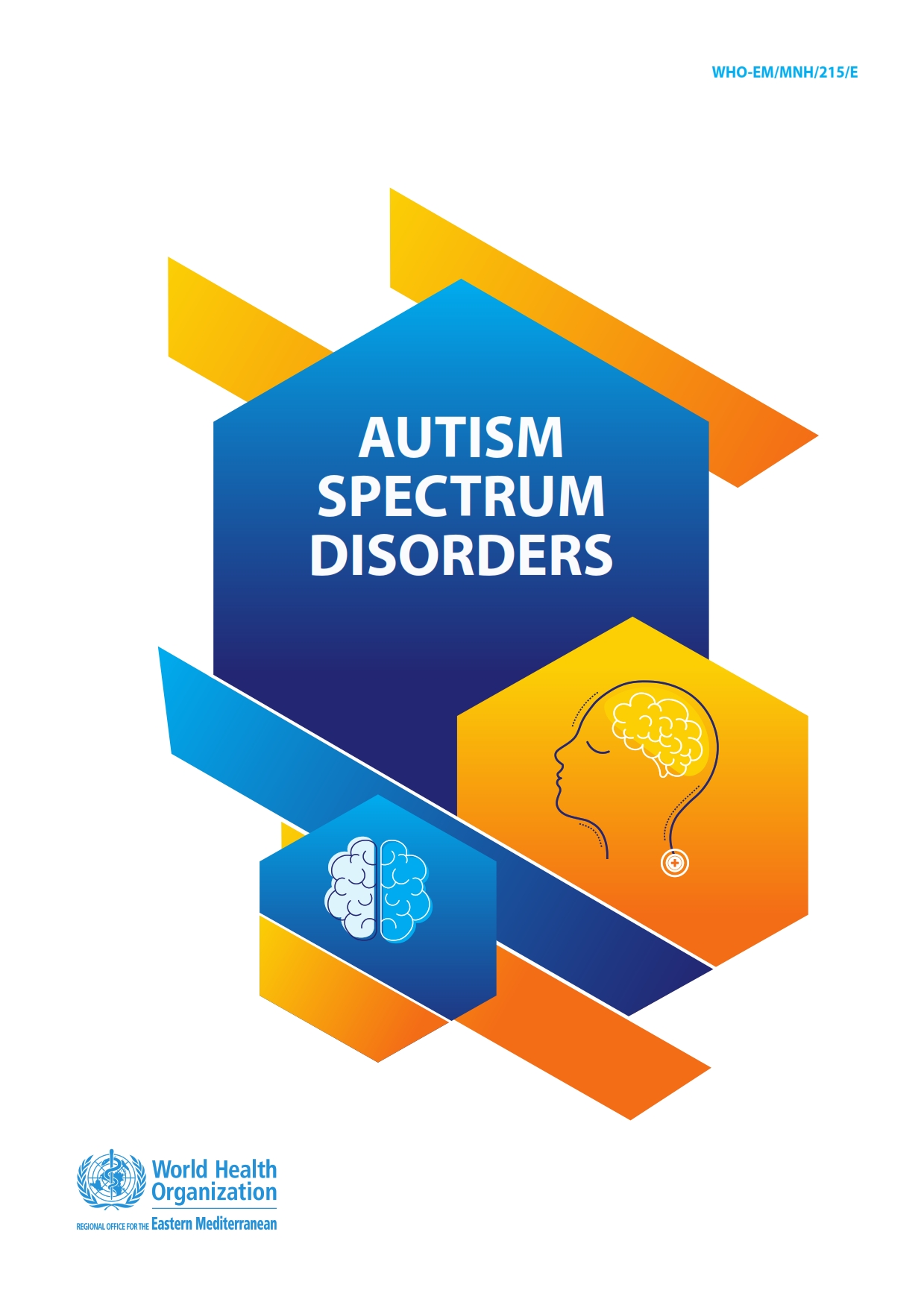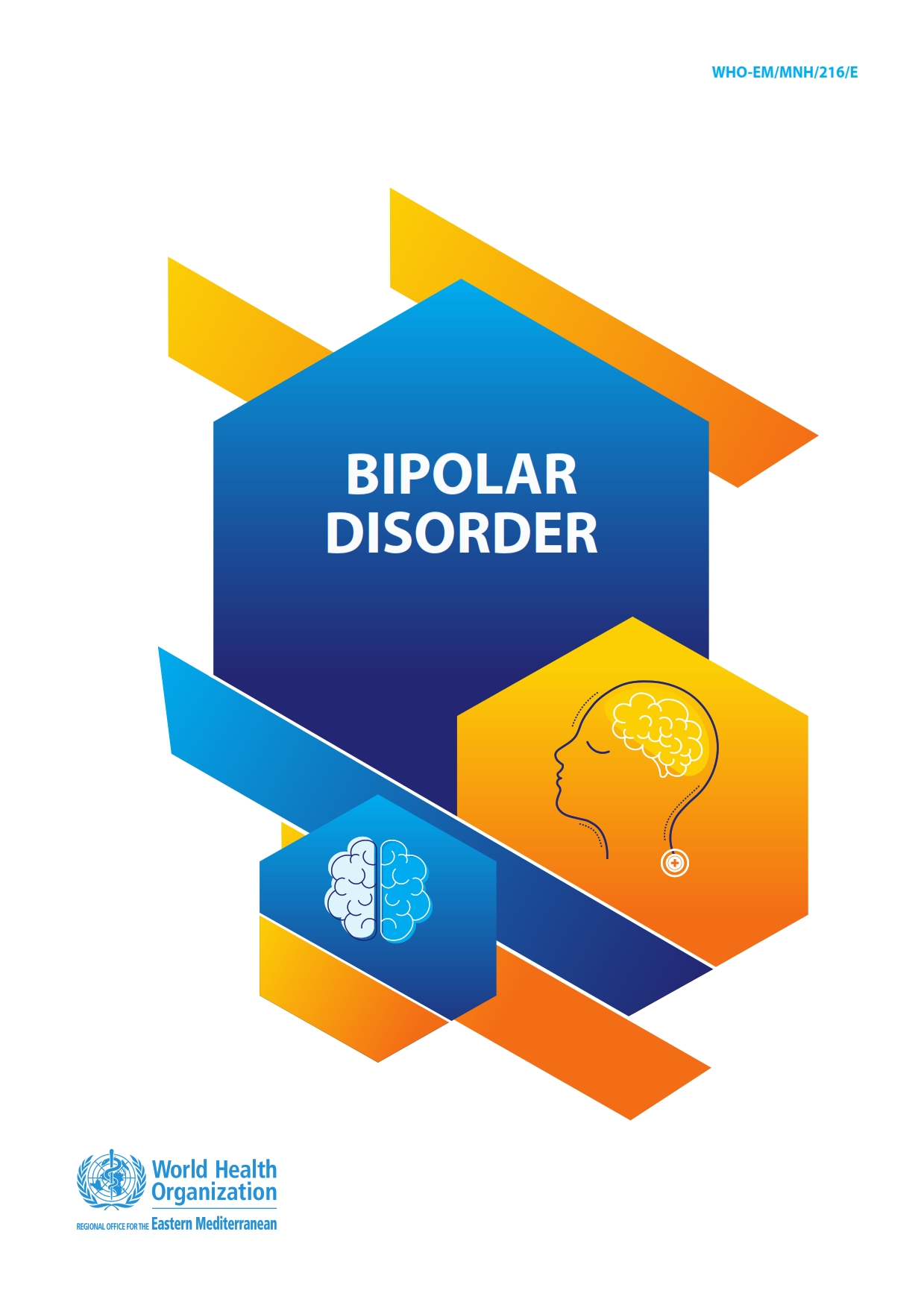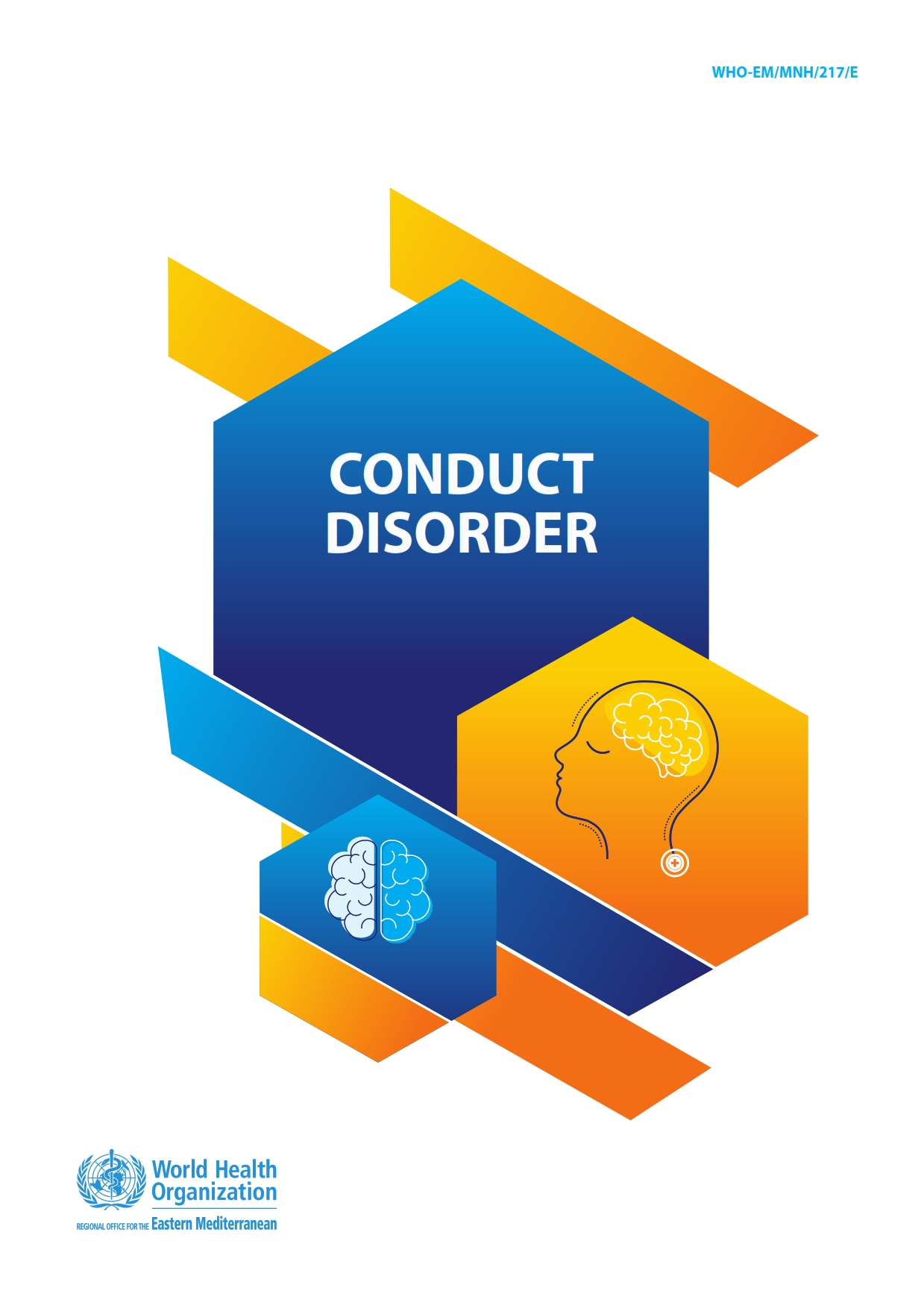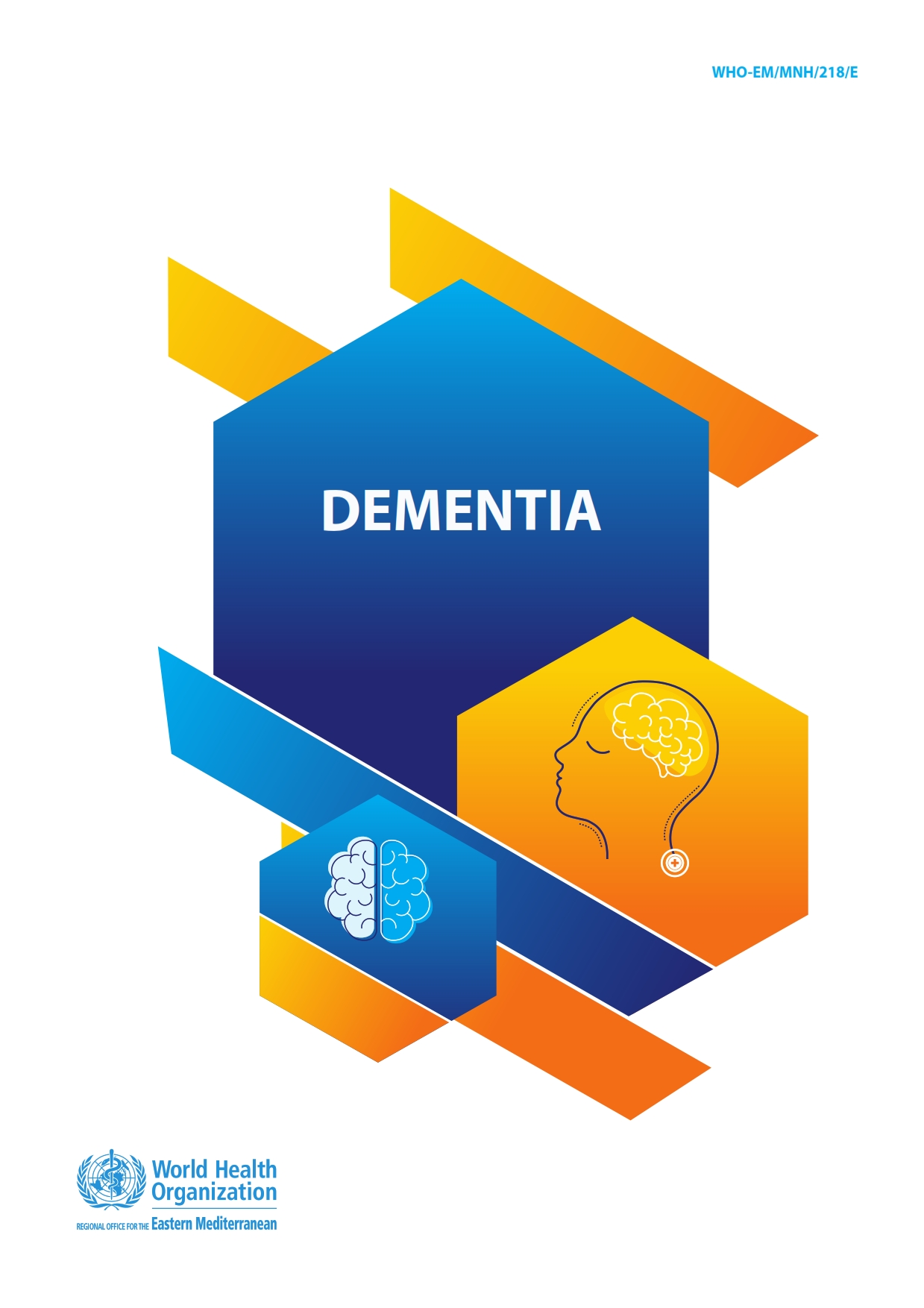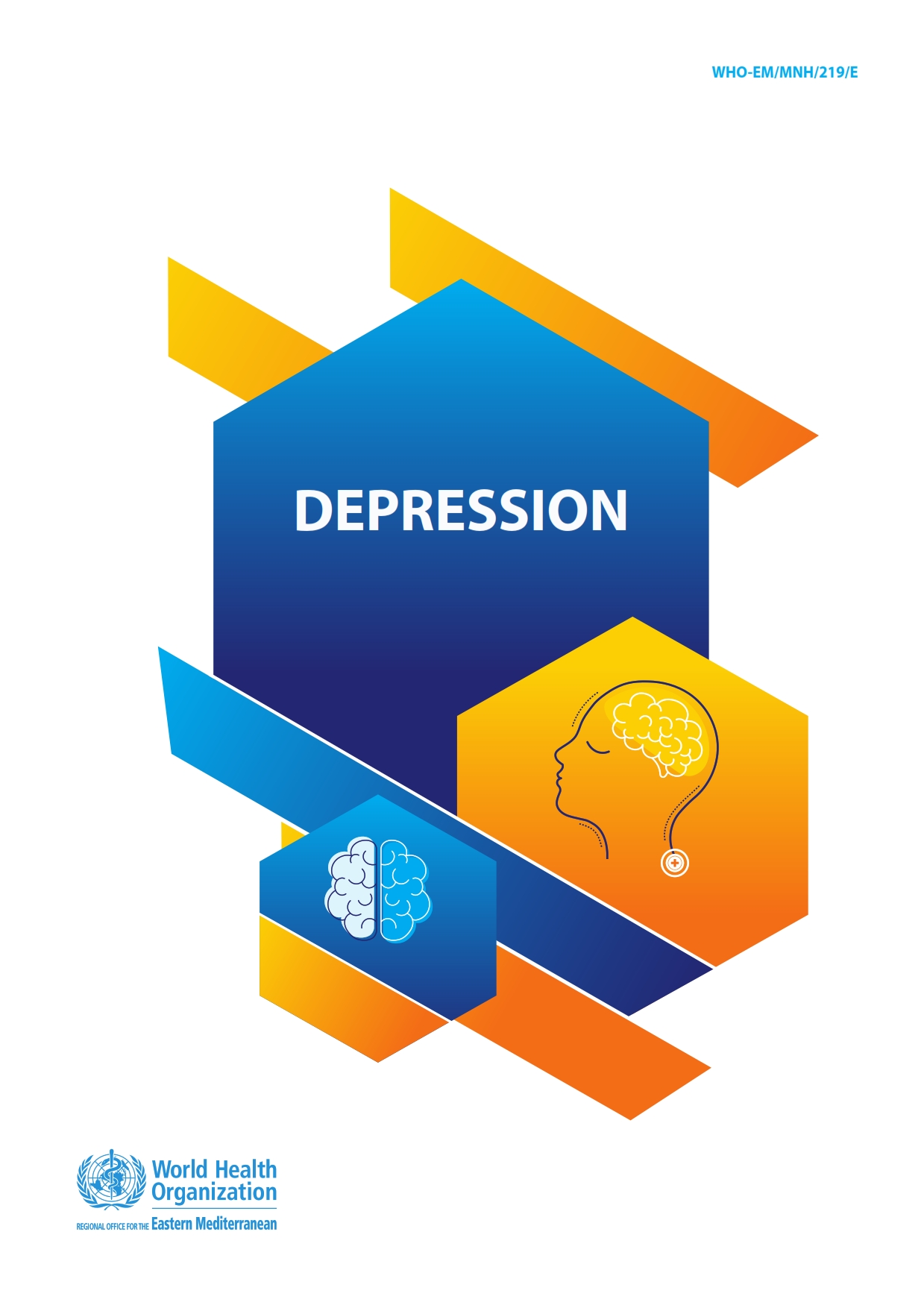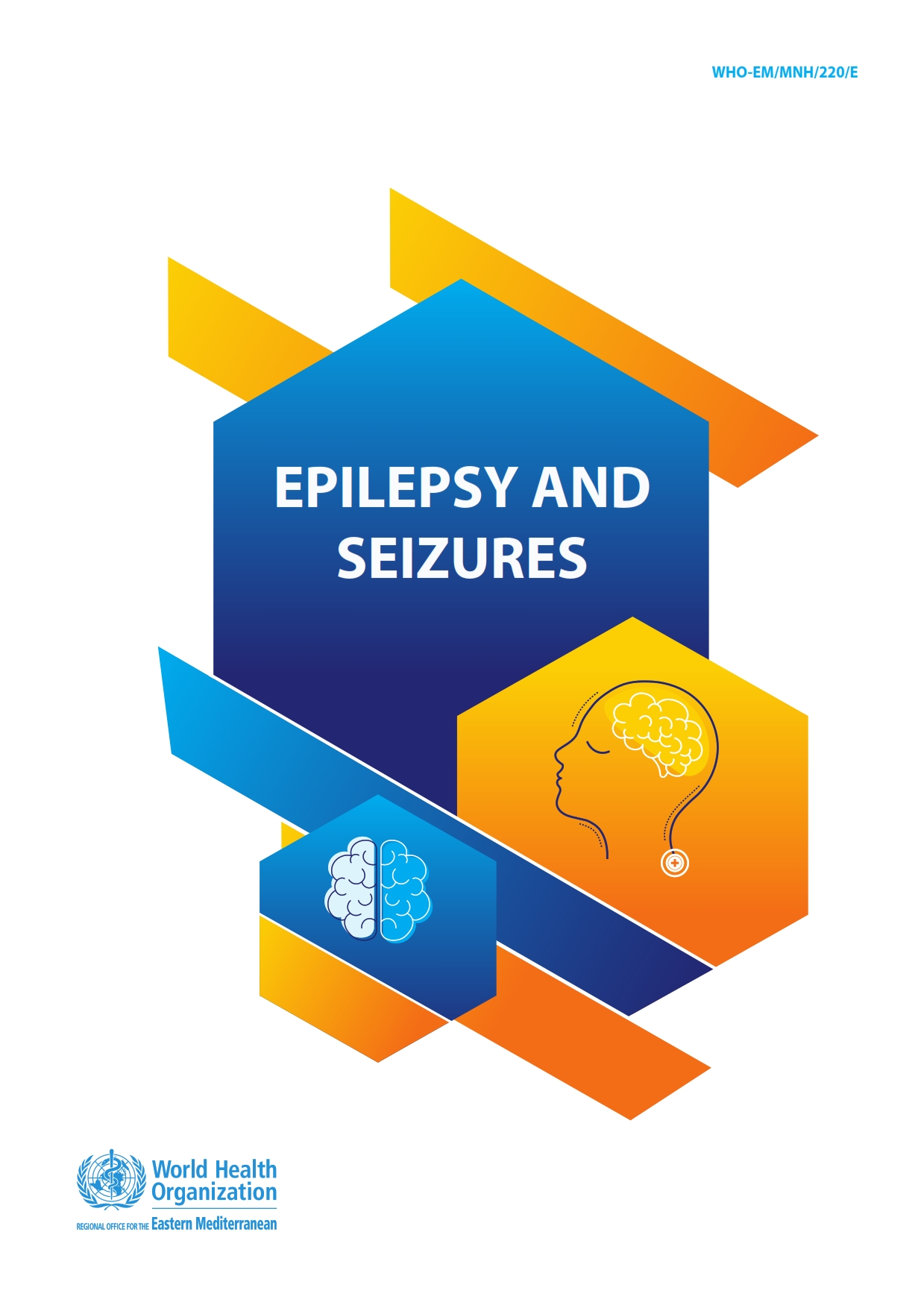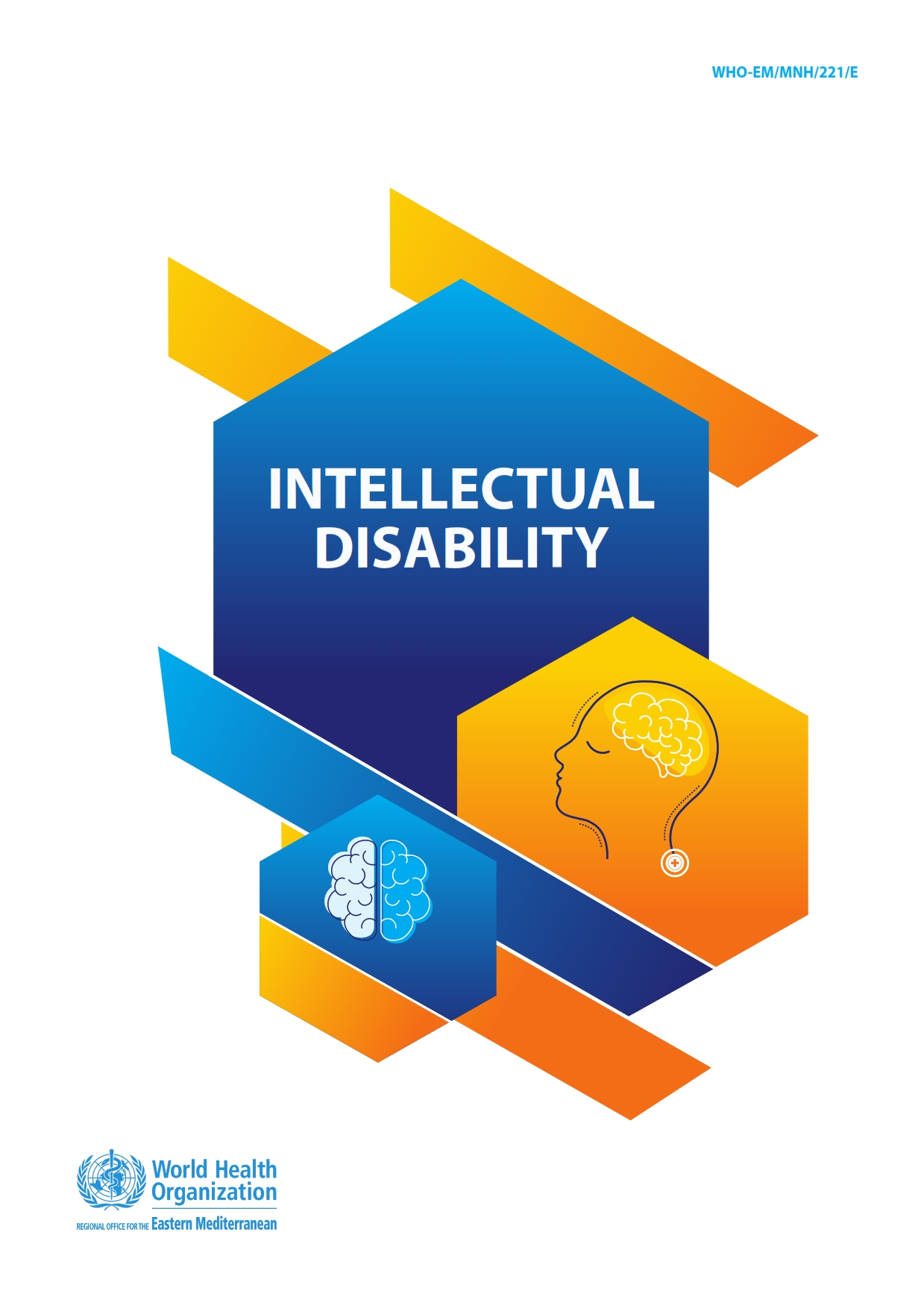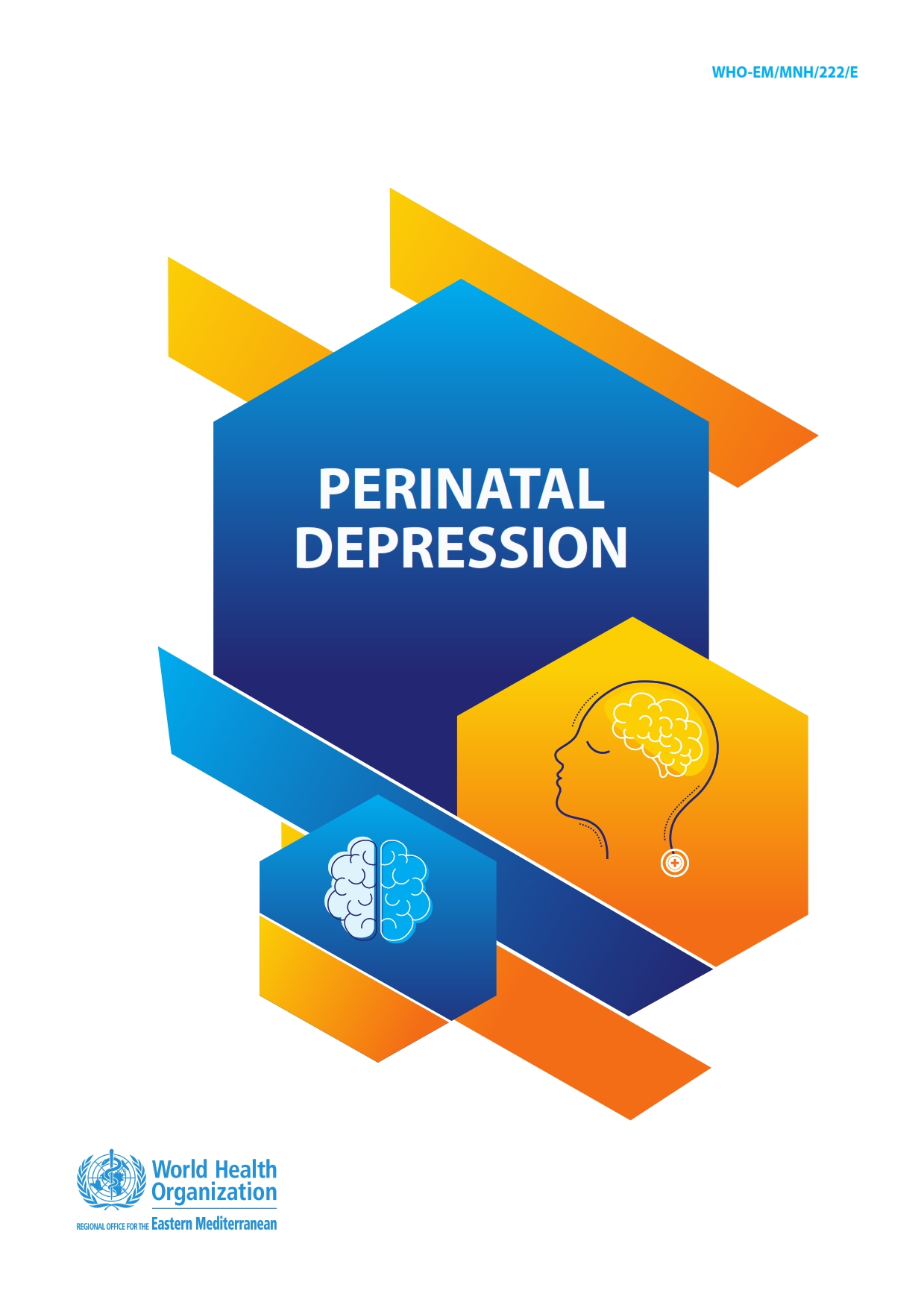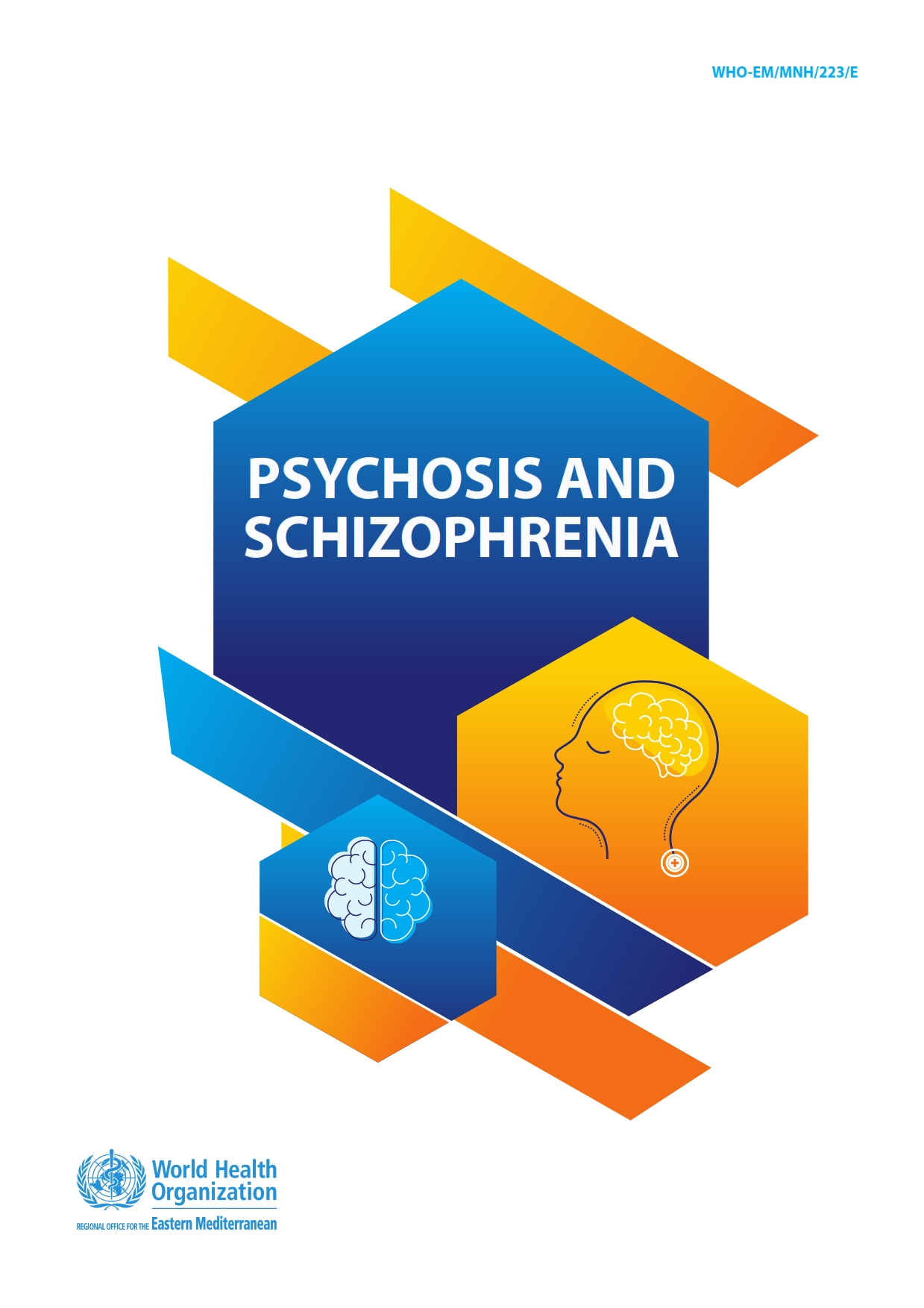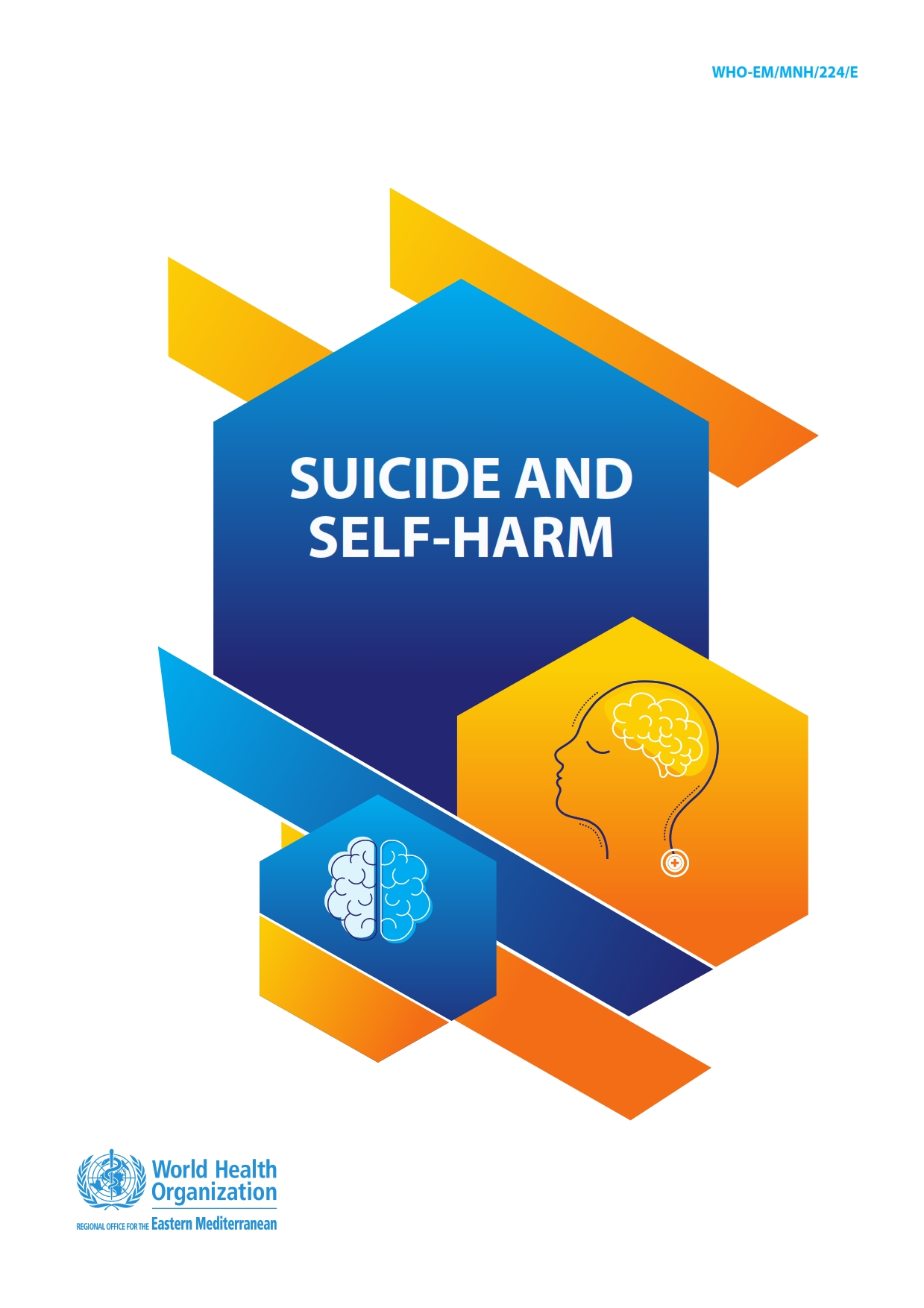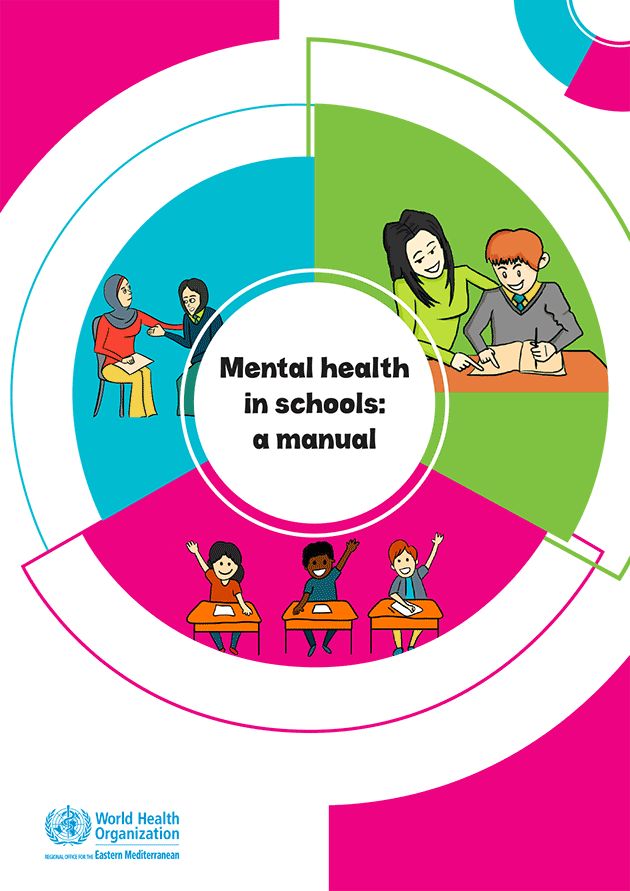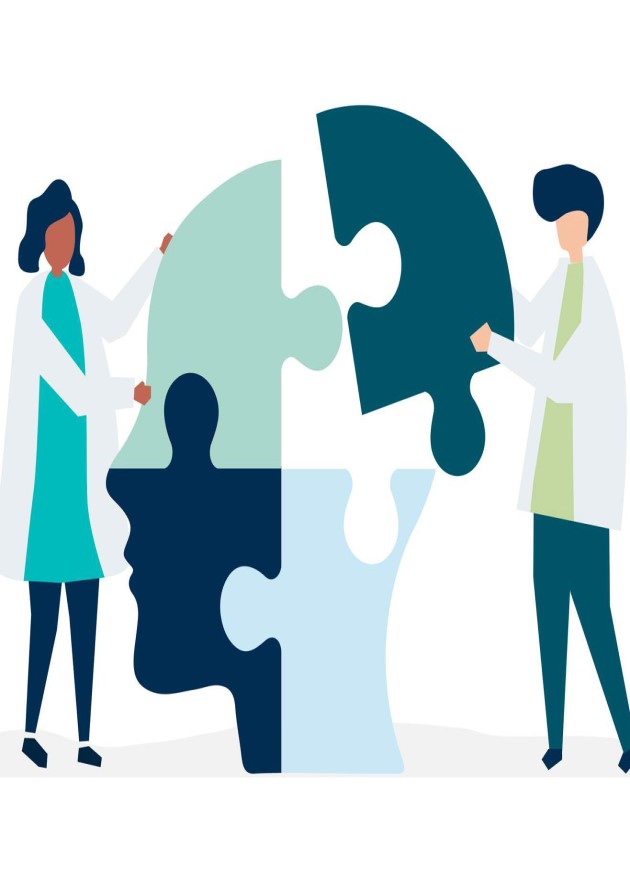
Latest updates on COIVD-19
COVID-19 is a disease caused by a new strain of coronavirus. While a lot is still unknown about the virus that causes COVID-19, we do know that:
COVID-19 symptoms can include fever, cough, and shortness of breath.
COVID-19 is transmitted through direct contact with respiratory droplets of an infected person (generated through coughing and sneezing).
Individuals can also be infected from touching surfaces contaminated with the virus and touching their face (e.g., eyes, nose, mouth).
We know it is possible for people of any age to be infected with the virus. Gather information that will help you accurately determine your risk so that you can take reasonable precautions. Stay informed about COVID-19 symptoms, complications, transmission, prevention from credible sources.
Mental health and COVID-19
While it may seem to some people that there is nothing they can do right now, there are steps you can take to relieve the pressure and help you feel better able to manage the stressful situation we are all currently experiencing. Information is power. The more we know, the more we feel in control.
Results of a rapid assessment
This survey is the first attempt to measure the impact of the pandemic on mental, neurological and substance use services at global and regional levels. The survey covered the existence and funding of mental health and psychosocial support plans, the presence and composition of mental health and psychosocial support service coordination platforms, the degree of continuation and causes of disruption of different mental, neurological and substance use services, the approaches used to overcome these disruptions and surveillance mechanisms and research on mental, neurological and substance use data. This information will inform planning and response to mitigate the effects of the pandemic on populations and communities.
Mental health and psychosocial support platform
One of the most important things you can do is to remember to take care of yourself. You can’t take care of your children if you don’t. We have resources to help you. Try our online mental health and psychosocial support platform. You’ll find information about stress and how it affects us, and exercises you can try to relieve this stress. It also has contact information for mental health experts in your country. Talking can help and these people are here to help you.
Comprehensive Mental Health Action Plan 2013–2030
The Sixty-sixth World Health Assembly, consisting of Ministers of Health of 194 Member States, adopted the WHO’s Comprehensive Mental Health Action Plan 2013–2020 in May 2013. In 2019, the action plan was extended until 2030 by the Seventy-second World Health Assembly. Then in 2021, the Seventy-fourth World Health Assembly endorsed updates to the action plan, including updates to the plan’s options for implementation and indicators.
This updated Comprehensive Mental Health Action Plan 2013–2030 builds upon its predecessor and sets out clear actions for Member States, the WHO Secretariat and international, regional and national partners to promote mental health and well-being for all, to prevent mental health conditions for those at-risk and to achieve universal coverage for mental health services. While the updated action plan includes new and updated indicators and implementation options, the original four major objectives remain unchanged: more effective leadership and governance for mental health; the provision of comprehensive, integrated mental health and social care services in community-based settings; implementation of strategies for promotion and prevention; and strengthened information systems, evidence and research.
These accompanying flyers provide clear action points for Member States and partners.
Mental Health Atlas 2020
TThe Mental Health Atlas, released every three years, is a compilation of data provided by countries around the world on mental health policies, legislation, financing, human resources, availability and utilization of services and data collection systems. It serves as a guide for countries for the development and planning of mental health services. The Mental Health Atlas 2020 includes information and data on the progress made towards achieving mental health targets for 2020 set by the global health community and included in WHO’s Comprehensive Mental Health Action Plan. It includes data on newly-added indicators on service coverage, mental health integration into primary health care, preparedness for the provision of mental health and psychosocial support in emergencies and research on mental health. It also includes new targets for 2030.


